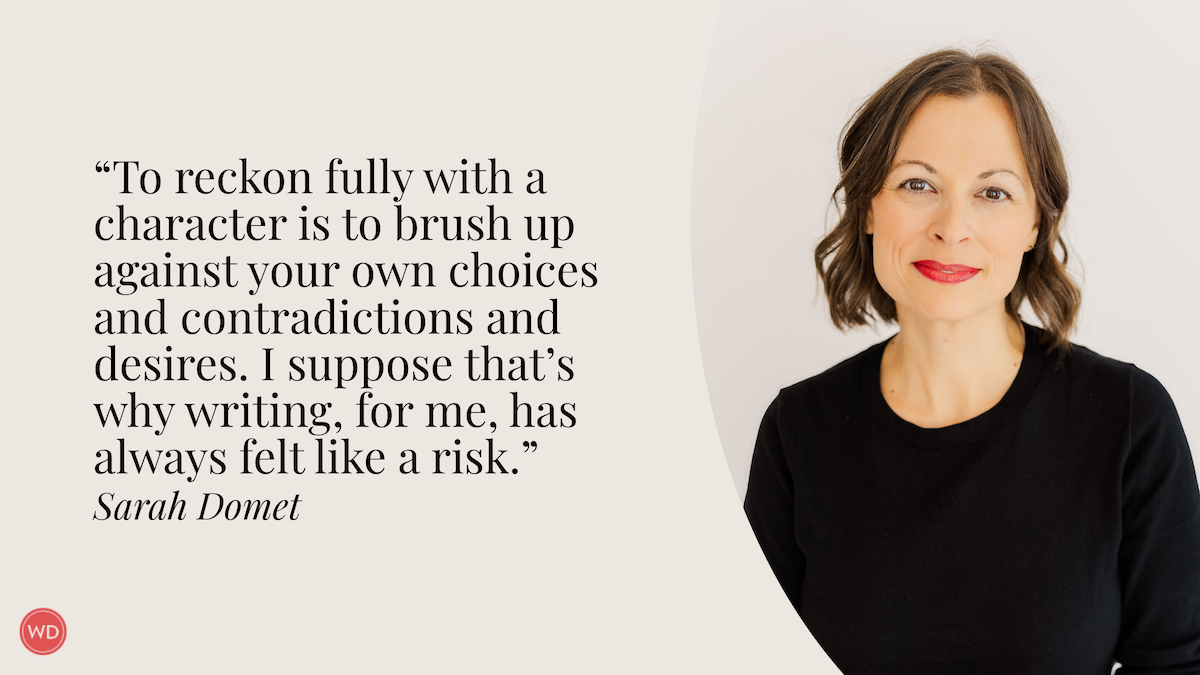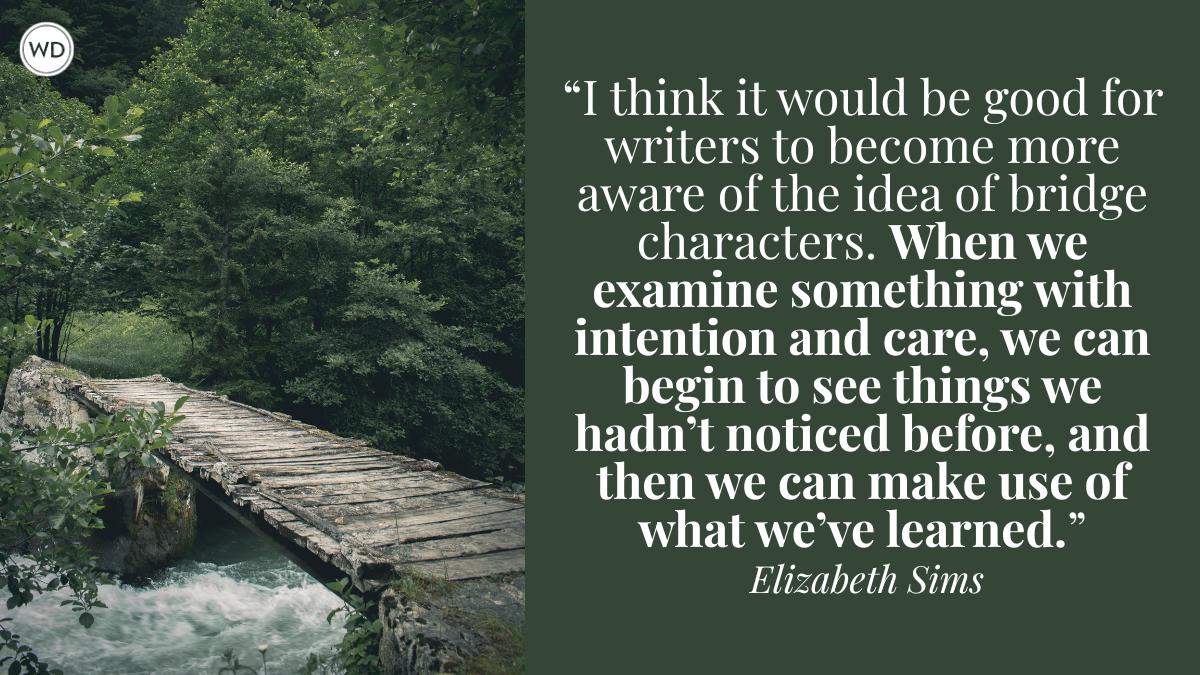Christopher Parker: On Learning to Let Go in the Publishing Process
Author Christopher Parker discusses how he celebrated small victories in writing his debut novel, The Lighthouse.
Christopher Parker was born in Takapuna, a seaside suburb in Auckland, New Zealand, where he currently lives with his daughter. Having loved writing stories growing up, it was a walk along Takapuna beach and a chance glimpse at a distant lighthouse that made him want to revisit his childhood passion and try his hand at producing a novel. Nearly 10 years on from that fateful stroll, he is proud to finally share his story. You can find him on his website at christopherparker.com, or on Instagram, Facebook, and Twitter.
In this post, Christopher discusses how he celebrated small victories in writing his debut novel, The Lighthouse, how he learned to let go in the publishing process, and more!
Name: Christopher Parker
Book title: The Lighthouse
Publisher: Beacon Press
Release date: October 26, 2021
Genre/category: General fiction
Elevator pitch for the book: A chance encounter leads to an enchanting weekend for Amy and Ryan, whose lives are forever changed when they uncover the secrets of Seabrook’s mysterious lighthouse.
IndieBound | Bookshop | Amazon
[WD uses affiliate links.]
What prompted you to write this book?
I wrote The Lighthouse because I wholeheartedly believed in the story. I thought it was a great, original concept that was exciting and mysterious, but also had heart and a deep emotional arc for the characters involved. I loved writing poems and short stories as a kid, and I often wondered if one day I could write a novel, but it wasn’t until this specific idea came along that I really got excited and energized enough to give this whole writing thing a good crack.
How long did it take to go from idea to publication? And did the idea change during the process?
Completing The Lighthouse took nine years. Because I hadn’t written anything in over 20 years, I had a lot of learning to do (and a lot of mistakes to make). There were multiple drafts, hundreds of thousands of words written that will never see the light of day, but this was a necessary process I had to go through in order to find my voice and learn the craft.
The core idea never changed but, like all novice writers do, I wrestled with pacing and how much detail to include. Subplots tended to grow like prodigious vines, and one of the biggest lessons was reining everything in and learning how to properly control the narrative of the story.
Were there any surprises or learning moments in the publishing process for this title?
The publishing process is a whole different ballgame. When I was writing The Lighthouse, I only had to rely on myself, but the publishing phase involved a fair amount of me learning to let go and entrust my baby to others. I’ve been fortunate enough to work with some fantastic people who really know their stuff, and their expertise has contributed to The Lighthouse being stronger than I could ever have made it on my own.
Were there any surprises in the writing process for this book?
There were many, but one of the biggest surprises was the ease with which I was able to “kill my darlings.” Many writers complain that this is one of the most difficult tasks, but I must confess I found it highly enjoyable.
I loved being able to take a bird’s eye view and mercilessly rip out anything that wasn’t serving the story or pushing the journey of the characters forward. Whether it be a line of dialogue, extraneous detail, even whole chapters that I had spent weeks working on, I relished in the culling. Anything to make the story better.
It can begin to feel like an addiction, though, and you mustn’t go too far—as a fellow New Zealand author once told me, you don’t want to edit the life out.
What do you hope readers will get out of your book?
I wanted to tell a story that was unexpected and had a bit of everything—love, sadness, excitement, danger, mystery. My hope is that readers will be moved, but also enthralled and entertained and feel like they’ve gone on an exciting ride!
If you could share one piece of advice with other authors, what would it be?
Don’t get too down on yourself or too overwhelmed by the process. Writing a novel is an arduous undertaking, full of stress and uncertainty, but something I found useful was to not focus too much on making it to “the end.”
Instead, I celebrated the small victories and adopted a mantra of “one day at a time.” I knew if I made forward progress each time I sat down at my desk—no matter how great or small—then sooner or later I would reach the finish line.








